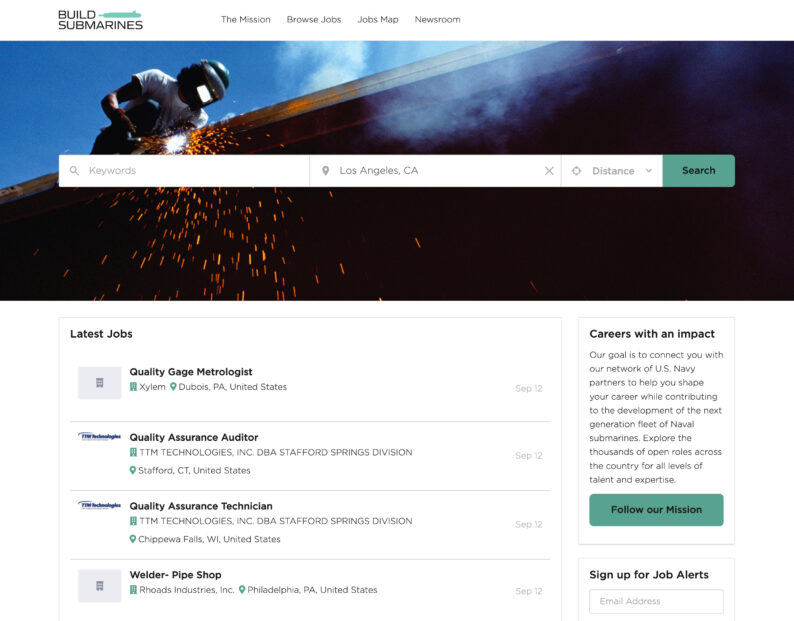One of the toughest parts of the job search can be the interview process, especially because some questions that tend to come up in interviews are difficult to answer. That’s largely their point, but that doesn’t mean you have to be frustrated or confused. Learning what employers really want to know and strategizing your response can help you face tough interview questions without breaking a sweat.
Using Spin
It’s never a good idea to lie in a job interview, and that’s not the recommendation here. Spinning your work history and incidents from your professional past in the light of what it says about your engagement isn’t lying. Many standard questions – about why you left a position, what challenges you’ve faced and what your weaknesses are – are great opportunities for you to display a history of commitment and bringing value to your previous employers.
What Have Your Challenges Been?
Talking about your past workplace challenges and how you faced them can tell an interviewer a lot about how you behave in a professional environment. Someone who’s truly committed to his or her job takes mistakes head-on, accepts responsibility for them and fixes them with a minimum of fuss. Such an employee also makes a point of learning what went wrong and why, in order never to make the same mistake twice.
Similarly, when you’re asked what your greatest workplace weakness is, you want to show self-awareness of your flaws and a commitment to change them. Answers like being too committed to your work are obviously disingenuous and won’t make a great impression. Instead, try talking about how you realized perfectionism was crippling your performance and how you learned to do your work to the best of your ability instead of striving for the impossible.
Why Did You Leave?
Making a decision to leave a job can also be spun positively. Valuable employees are generally professional development junkies, not job-hoppers. Leaving a job for one that is the next logical step in your career displays engagement; leaving because you didn’t like your manager doesn’t. Give some thought to what each step in your working life has meant for you and why you took it, and you’ll be able to give good answers to the inevitable questions about why you left.
If you needed to leave because of a life event, be honest about it. You don’t owe anyone a precise description of your health problems, for example, but you should mention you needed to take time out of the workforce for medical reasons.








